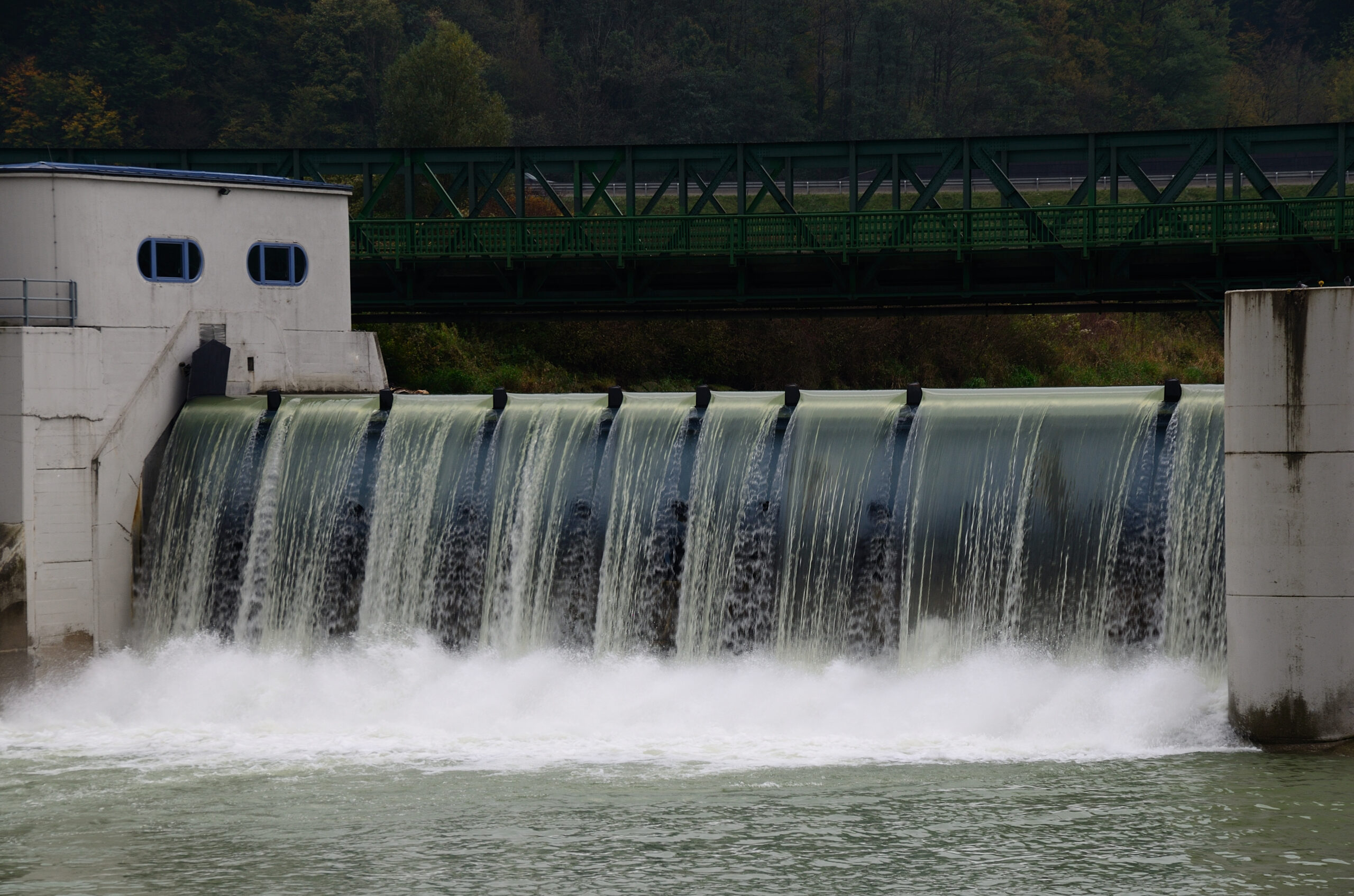The power battle for Agribusiness in South Africa is moving from coal to water, with more farmers investing in hydroelectric plants to keep their farms running to meet the nation’s food security needs. Standard Bank recently assisted Lowmar Farm, a commercial farming enterprise, with the financing of a new hydro project, costing approximately R24 million. Situated on the Great Fish River in the Eastern Cape, the farm relies on irrigation for many of its production needs.
This is the most significant private hydro project for which the bank has ever provided financial support. The 362kWp hydro plant is expected to produce about 2.9 GWh in its first year, which will provide sufficient power for two farms, says Maudene van Rooyen, Specialist in Power and sustainable Solutions at Standard Bank Business and Commercial Banking.
“The farm has relied on water from the river since 1976 and has 450 hectares under irrigation. Owned by the Collett family since 1975, the Marais family bought into the business in 2011, and Lowmar (Pty) Ltd Company was formed five years later. Lowmar grows crops including maize, lucerne, walnuts and pecan nuts and farms livestock such as sheep, cattle, and ostriches,” says Japie Marais of Lowmar.
“Water from the river is used mainly for irrigation delivered by electrically driven sprayers and centre pivot systems. This project has also successfully powered two shearing sheds, a walnut cracking facility, a pelleting factory, two cold rooms, two farm workshops and all the houses on the property. As a result, 26 households have experienced an end to load-shedding, productivity has increased, and our staff are happier.”
“We had been experiencing significant crop losses caused by load-shedding and grid instability, eventually leading to revenue losses of about R3.1 million annually. Increased costs were driven by fuel used for generators and higher maintenance costs on electrical equipment because equipment had to restart up to four times a day.”
“Issues such as not being able to irrigate during load-shedding, which brought the pelletising factory to a halt, and the fact that our staff and contractors were unable to complete tasks contributed to the losses experienced.”
Faced with an ongoing situation where power outages could last up to three weeks, Lowmar’s owners decided to gain energy independence and build power generation facilities.
“In the early days of its operation, the hydro plant is already delivering positive results. The farm is unaffected by load-shedding, and generators are no longer required. Within the first seven weeks of operation, the hydro system generated power to R550 000 at Eskom’s rates. Output is expected to increase as the plant gears up and water flow increases,” says Van Rooyen.
Standard Bank’s financial solution comprises a multi-product structure, with Commercial Asset Finance for R13 million of the project structured on a 10-year debt tenor and an R11 million term loan. “Our feasibility analysis revealed that the project will become cash-positive in its third year and save the business approximately R9.5 million over the 10-year funding period. Given that the hydro plant’s lifespan is in excess of 30 years, significant benefits lie ahead,” says Van Rooyen.
Lowmar anticipates further benefits should it broaden its export base. In fact, it could soon add meat products to its current export portfolio of wool and pecan nuts. A major and growing benefit lies in the client’s ability to supply carbon-neutral products to the international market.
“We will be building on the fact that our exports are carbon-neutral and believe that our exports will benefit significantly from this niche marketing advantage. Being one of the few active farmers in the market, will mean getting premium prices for our products,” says Japie Marais.
Although South Africa is a water-scarce country, rivers across high altitudes are ideal for small hydroelectric plants. These rivers include the Great Fish River, the Orange River, the Sabie River and the Gariep, which will improve the outlook for building more privately owned plants.
“South Africa has great potential for building more hydroelectric plants. This has been confirmed by increasing interest from farmers, most of whom are located close to rivers with either a high head or a high flow speed,” says Van Rooyen.
“However, our interest in energy is not restricted solely to hydro projects. Our client value proposition spans solar PV, hydro, biomass, biogas, and wind.
“The bank has seen a 68% increase in solar PV investments from farmers from 2022 to 2023. In 2022, the investment was 23% bigger than in 2021.
“Hydrogen solutions also offer vast opportunities, and our investigation into this area for viable projects continues.
“Standard Bank intends to play a leading role in helping clients bring their energy projects to fruition,” says Van Rooyen.









